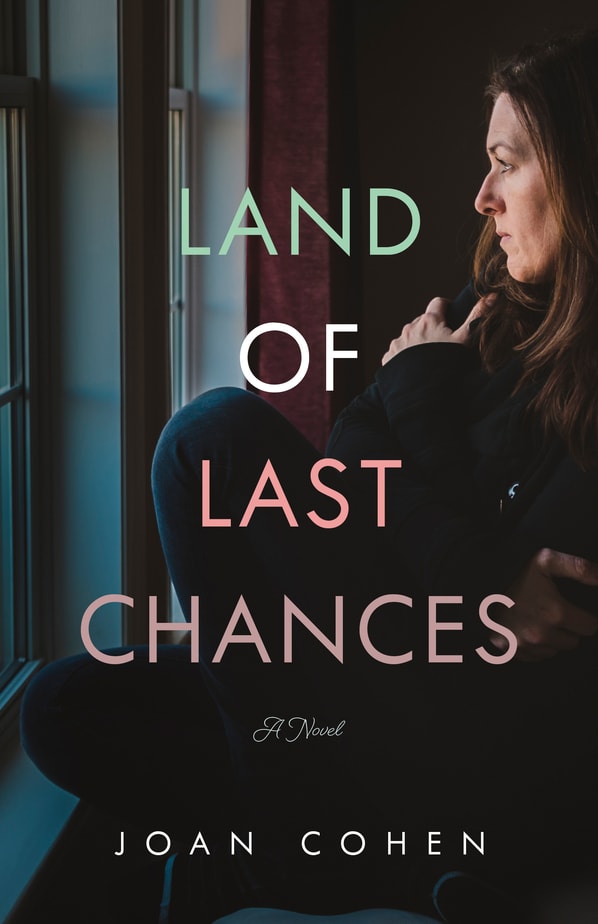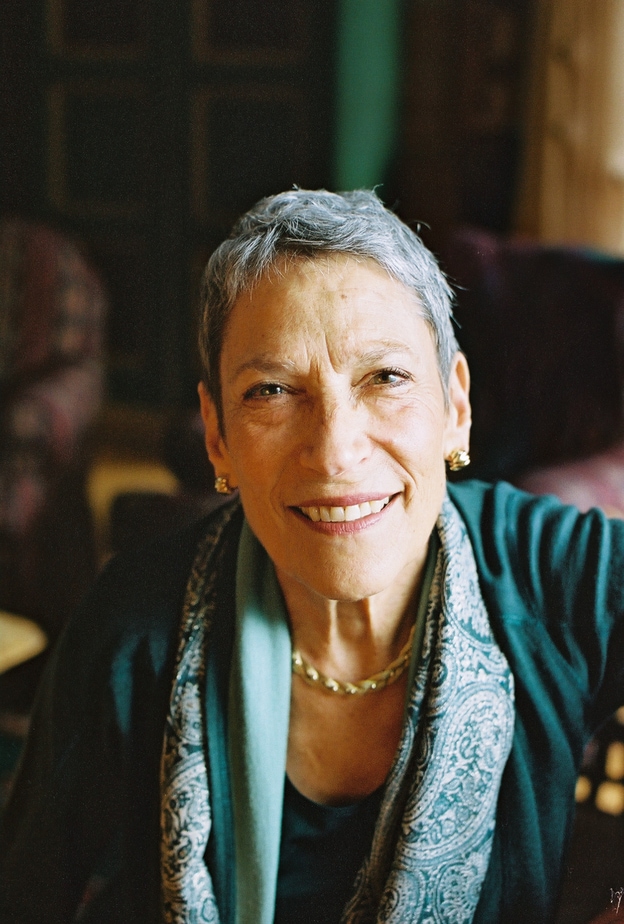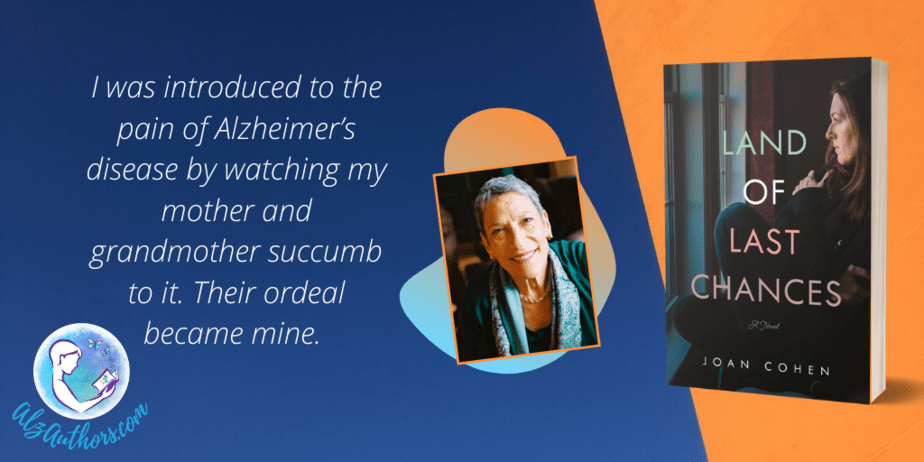 By Joan Cohen
By Joan Cohen
I was introduced to the pain of Alzheimer’s disease by watching my mother and grandmother succumb to it. Their ordeal became mine. Before that, I believed the common misconceptions, that senility (an obsolete word) was an old person’s inevitable malady. I learned that while age is the primary risk factor for Alzheimer’s, as it is for cancer and other illnesses, Alzheimer’s is not inevitable. Dementia, I discovered, refers to a set of symptoms. Seventy to eighty percent of the time, dementia is caused by Alzheimer’s disease.
Because I wanted to learn more, I joined an advisory board at the Boston University School of Medicine’s Alzheimer’s Disease Center. As I began to do fundraising, I discovered many people were, as I had been, ignorant about the prevalence of Alzheimer’s. They were convinced it didn’t exist in their own families. Raise money for cancer, and everyone knows someone who has had it. Raise money for Alzheimer’s, and everyone thinks they know no one who has had it, just old people suffering from the inevitable confusion that comes with aging.
Shortly after Lisa Genova’s novel, Still Alice, was made into a movie, I saw Lisa interviewed. She had catapulted Alzheimer’s into the limelight. Her protagonist suffered from a rare hereditary form of early-onset Alzheimer’s. If in the past I had been frustrated by the disease’s low profile, sitting in that audience, I was distressed to see people terrified of a rare form of the disease when they should have been worried about their greater risk for the common form. “You scared the hell out of me,” one woman said to Lisa.
I frequent a Facebook site where Alzheimer’s caregivers can ask questions and post about their problems. Some contributors seem to lack basic knowledge about Alzheimer’s, and many are afraid they will get it themselves. I wanted to help, but I was only a knowledgeable layman, not qualified to write a treatise on Alzheimer’s.
What I could do was write fiction, so I decided that in my novel, Land of Last Chances, I would give my novel’s protagonist, Jeanne, the need to determine her level of risk. When Jeanne discovered she might have inherited a rare gene for early-onset Alzheimer’s, she was already pregnant. She wanted the baby, but perhaps abortion was the more responsible path. How much could she learn about Alzheimer’s, and how fast would genetic tests provide answers? Jeanne faced a gut-wrenching decision, and as she learned about the risks for Alzheimer’s, I hoped my readers would be caught up in her story and learn too.
Jeanne worked in a pressured corporate environment, one that left little space for personal issues, but don’t most women find that problems at work and at home get in each other’s way? Women who work outside the home have little fiction to read that reflects their complicated lives. Non-fiction, mostly of the self-help variety, offers advice on succeeding in business and coping with childcare, but not with Alzheimer’s caregiving.
Over sixty-five percent of those suffering from this devastating disease are women, as are over sixty percent of caregivers. I believe in the importance of Alzheimer’s literature for both women and men to provide catharsis, support, education and enjoyment.
 About the Author
About the Author
Joan Cohen grew up in Mount Vernon, NY, and received her BA from Cornell University and her MBA from New York University. Over the course of her career at technology companies, she worked in sales, marketing and executive management positions, eventually returning to school to earn an MFA in Writing from Vermont College of Fine Arts. Since 1980, she’s been a Massachusetts resident, raising her family in Newton and later moving to Wayland and Stockbridge, where she now lives with her husband and Golden Retriever.
Connect with Joan:
Web page: joancohenauthor.com
Web page email: info@joancohenauthor.com
Facebook : https://www.facebook.com/JoanCohenAuthor
LinkedIn: http://linkedin.com/in/joan-cohen-74582b197
Twitter: @joancohenwriter


